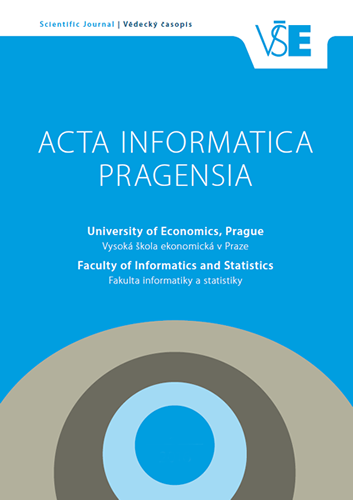HACS: A Hybrid Framework for Continuous Flexible and Controlled Architecting
HACS: A Hybrid Framework for Continuous Flexible and Controlled Architecting
Author(s): Bentlemsan Khadidja, Bennouar Djamel, Tamzalit Dalila, Hidouci Khaled WalidSubject(s): Business Economy / Management, ICT Information and Communications Technologies
Published by: Vysoká škola ekonomická v Praze
Keywords: CBSE; SOSE; Hybrid Architecture; HACS; E-Voting; Continuous Architecture
Summary/Abstract: Systems like e-voting, e-banking or e-health must offer flexibility to continuously meet technical and legal changing requirements and must at the same time guarantee robustness to respect their security and sensitivity. Component Based Software Engineering (CBSE) and Service Oriented Software Engineering (SOSE) with their modular design represent the most suitable paradigms for those systems. They have strong complementary advantages, despite their similarities, their heterogeneity still hinders systems to benefit from both of them. In this paper, we propose a hybrid framework HACS (Hybrid Approach between Component and Service). HACS proposes to define sensitive systems as a hybrid architecture where the critical parts are controlled according to CBSE coupled to the flexibility and dynamism of SOSE. To address heterogeneity and make possible the substitution between hybrid components, HACS uses a common syntax with semantic annotations based on SAWSDL related to two ontologies; HACS ontology and domain ontology. We illustrate HACS all along the paper through an e-voting case study.
Journal: Acta Informatica Pragensia
- Issue Year: 6/2017
- Issue No: 2
- Page Range: 124-137
- Page Count: 14
- Language: English

